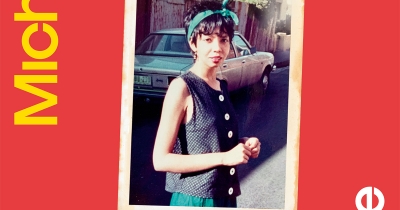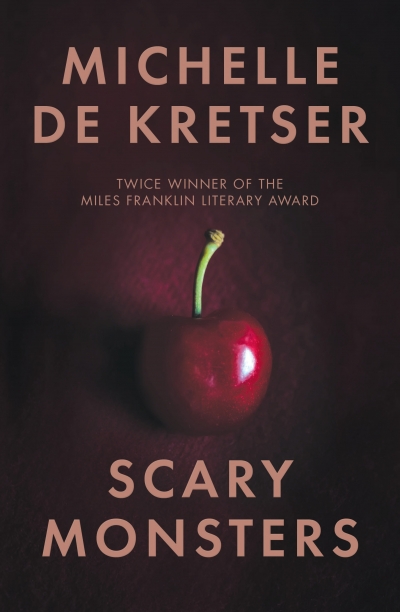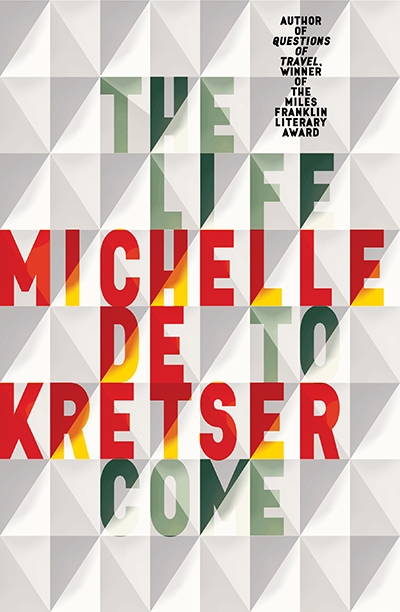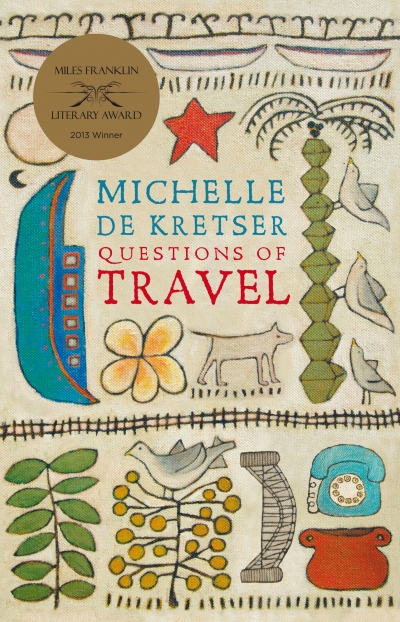Michelle de Kretser
ABR asked a few colleagues and contributors to nominate some books that have beguiled them – might even speak to others – at this unusual time.
... (read more)To celebrate the best books of 2018, Australian Book Review invited nearly forty contributors to nominate their favourite titles. Contributors include Michelle de Kretser
... (read more)To complement our 2017 ‘Books of the Year’, we invited several senior publishers to nominate their favourite books – all published by other companies.
... (read more)To celebrate the best books of 2017 Australian Book Review invited nearly forty contributors to nominate their favourite titles. Contributors include Michelle de Kretser, Susan Wyndham, James Ley, Geordie Williamson, Jane Sullivan, Tom Griffiths, Mark Edele, and Brenda Niall.
... (read more)Springtime: A ghost story by Michelle de Kretser
Why do you write?
It’s an excuse to hang around books, which is all I’ve done, one way or another, over the course of my career.
Are you a vivid dre ...






